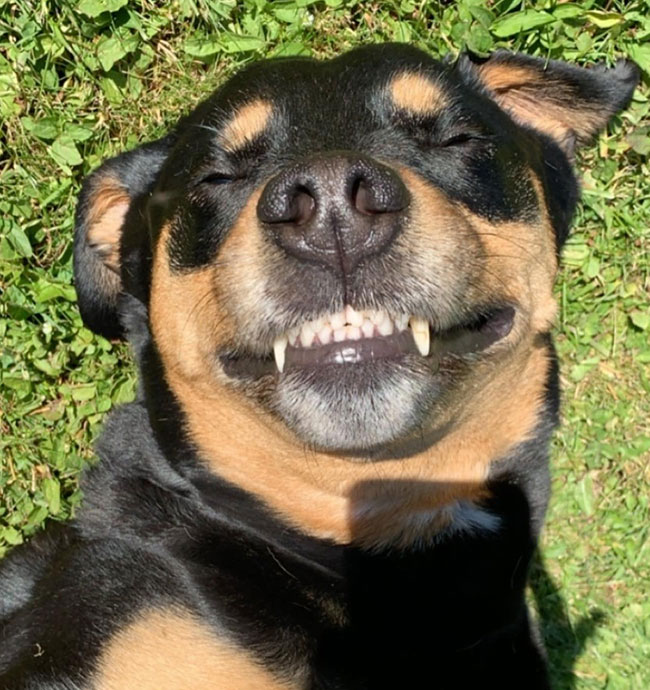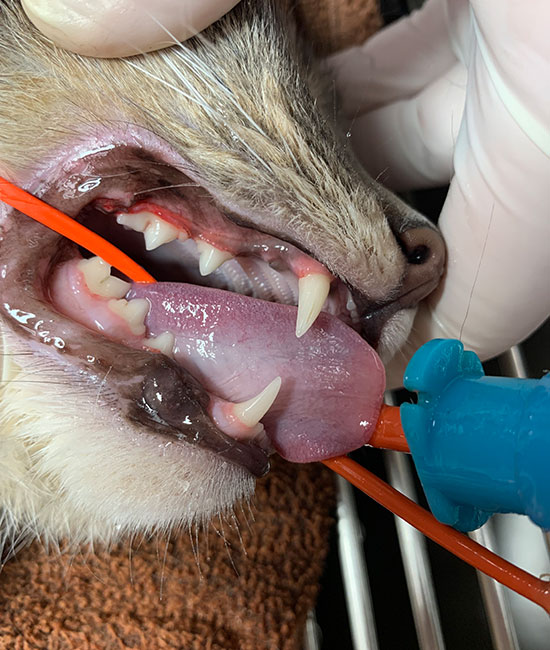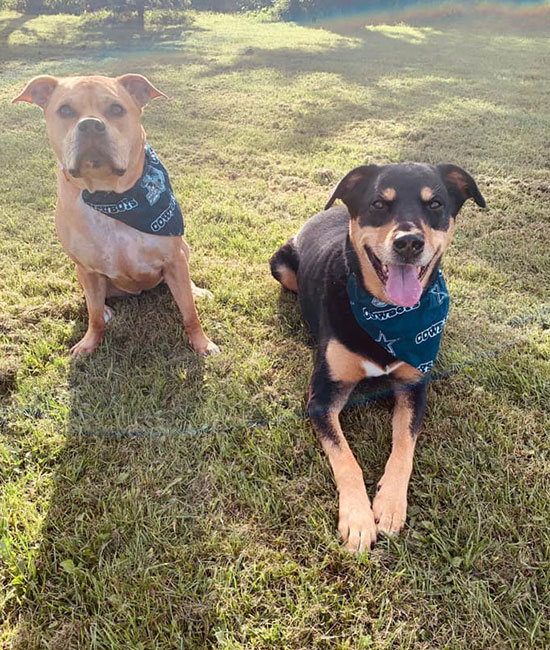Warning Signs of Dental Disease
Dental disease is one of the most common medical conditions in pets — studies show that at least 80% of dogs and 70% of cats have some form of dental disease by the time they’re 3 years old. However, as with many medical conditions — pets tend to hide their discomfort until the pain becomes too much. When in doubt, an assessment by your veterinarian can help determine if there’s a dental problem.
- Chewing on one side of the mouth
- Swollen or bleeding gums
- Reluctance to eat hard food
- A foul mouth odor
- Facial swelling
- Broken, chipped, or discolored teeth
- Chewing on one side of the mouth
- Swollen or bleeding gums
- Reluctance to eat hard food
- A foul mouth odor
- Facial swelling
- Broken, chipped, or discolored teeth

Preventative Dental Care
Dental disease in cats and dogs is very common. However, when left untreated, can lead to dangerous health conditions. While a dental health exam is included as part of your pet’s regular exam, the best pet dental care starts at home. Prevention is always the best medicine. With these tips below you can prevent a routine dental cleaning from becoming an oral surgery (where teeth need to be removed) for severe dental disease.
Toothpastes & Toothbrushes
Using an enzymatic toothpaste along with a pet friendly toothbrush or finger brush can help reduce bad breath and stop plaque buildup. We recommend that you brush your pet’s teeth daily if they allow and starting at a young age can make this easier. We carry a variety of dental products in clinic for your convenience.
Drinking Water Additives
Animals should always have access to free choice water. If there is concern with dental health, your veterinarian can guide you to our recommended dental water additives. These products are easy to use and are great for maintaining good oral health and freshening your pet’s breath.
Dental Chews
Treating our pets to a special snack can be fun, but not all treats are the same. When dental health is a concern, choosing treats and chews created with enzymes that help loosen tartar and prevent plaque are a great option. These neat treats are great for after brushing or on days when brushing isn’t possible. You don’t have to tell you pet that it’s healthy!
Dental Support Pet Food
For some patients, it is recommended to feed specially formulated food designed to support your pet’s dental health by reducing plaque, stains, and tartar buildup. These foods are veterinary prescribed.





